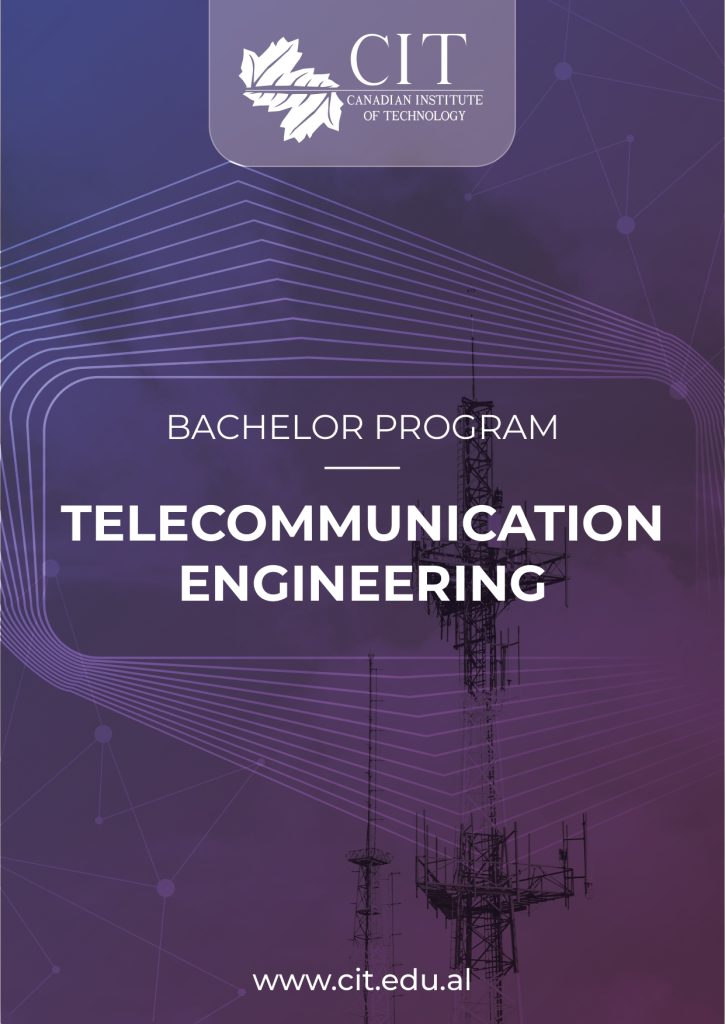CIT FACULTIES & DEPARTMENTS
- Faculty of Engineering
- Dean’s Welcome
- Faculty Staff
- Department of Software Engineering
- Bachelor – Software Engineering
- Bachelor – Artificial Intelligence and Data Science
- Bachelor- Computer Engineering & IT
- Master – Software Engineering
- Master – Computer Engineering & IT/ Network and Cyber-Security
- Master – Computer Engineering & IT Computer Engineering and Big Data
- Master – Computer Engineering & IT / Multimedia Design
- Department of ETE
- Faculty of Economy
- Faculty of Engineering
- Dean’s Welcome
- Faculty Staff
- Department of Software Engineering
- Bachelor – Software Engineering
- Bachelor – Artificial Intelligence and Data Science
- Bachelor- Computer Engineering & IT
- Master – Software Engineering
- Master – Computer Engineering & IT/ Network and Cyber-Security
- Master – Computer Engineering & IT Computer Engineering and Big Data
- Master – Computer Engineering & IT / Multimedia Design
- Department of ETE
- Faculty of Economy
Academics > Faculty of Engineering > Department of Electronics & Telecommunications Engineering >Bachelor – Telecommunication Engineering
Bachelor - Telecommunication Engineering
The Bachelor of Telecommunications Engineering program has been composed with subjects from telecommunications, computer engineering, electronic engineering and mathematics to create professional telecommunication engineers. Academic staff from both industry and academia with many decades of experience contribute to the successful delivery of this program.
The telecommunication industry continues to expand all over the world with a dire shortage of competent and well-rounded professional engineers who have these multi-disciplinary skills required to work effectively.
Core subjects related to telecommunications include digital communications, signal processing, mobile communications, computer communication, networks, antenna and wave propagation with a solid mathematical and programming foundation. As the trend of moving into software systems continues to permeate the industry, the course covers programming, embedded systems and internet technologies. This will help students to work with Software Defined Networks and Radios. Engineering design, ethics and economics are also taught as recommended by the international professional institutions. Many courses include design and measurement laboratories as an integral part of them, to strengthen the interaction between mathematical models and experimental reality.
Students studying this program will graduate with a strong foundation in the field of telecommunication engineering with practical experience obtained by the chance to apply for an external industrial internship and the completion of a thesis addressing a real-world telecommunication engineering problem.
Target Skills
- Acquire a solid understanding of the software development life cycle and processes from the early design stages to the long-term software maintenance and evolution.
- Have the competent ability to construct and evaluate software in the context of physical systems and real-world applications.
- Understand the important criteria of software quality, assurance and conformance to standards.
- Learn interpersonal skills in order to work both independently and in a team.
- Comprehend engineering economics and entrepreneurship in software practice.
- Appreciate the underlying principles on which physical systems and real-world applications are built on.
- Design usable human computer interfaces providing usability and accessibility.
- Apply established engineering design principles to software development including trade-off analyses in terms of performance and cost.
- Nurture and grow the skills necessary to plan and manage large industrial software projects.
- Effectively integrate and participate in the design process of these systems and applications.
- Be able to communicate precisely, orally and in writing; conveying the knowledge and skills in software engineering in an uncomplicated way.
- Above all to be a world-class future Software Engineer, lifelong learner and contributor to the wellbeing of the world.
Program Outline
Course name | Duration | Credits | ECTS |
|---|---|---|---|
Academic Reading & Writing | 15 weeks | 3 | 6 |
Introduction to Economics | 15 Weeks | 3 | 6 |
Calculus I | 15 Weeks | 3 | 6 |
Computer Applications | 15 Weeks | 3 | 6 |
Elective | 15 Weeks | 3 | 6 |
Course name | Duration | Credits | ECTS |
|---|---|---|---|
Computer Science Fundamentals | 15 weeks | 3 | 6 |
Introductions to Statistics | 15 Weeks | 3 | 6 |
Linear Algebra | 15 Weeks | 3 | 6 |
Computer Communications and
Networks | 15 Weeks | 3 | 6 |
Physics I | 15 Weeks | 3 | 6 |
Course name | Duration | Credits | ECTS |
|---|---|---|---|
Fundamentals of Programming I | 15 weeks | 3 | 6 |
Physics II | 15 Weeks | 3 | 6 |
Electric Circuits | 15 Weeks | 3 | 6 |
E-commerce and Innovation | 15 Weeks | 3 | 6 |
Calculus II | 15 Weeks | 3 | 6 |
Course name | Duration | Credits | ECTS |
|---|---|---|---|
Fundamentals of Programming II | 15 weeks | 3 | 6 |
Digital Logic | 15 Weeks | 3 | 6 |
Engineering Chemistry | 15 Weeks | 3 | 6 |
Calculus III | 15 Weeks | 3 | 6 |
Basic of Telecommunication | 15 Weeks | 3 | 6 |
Course name | Duration | Credits | ECTS |
|---|---|---|---|
Introduction to Wireless Communication Systems | 15 weeks | 3 | 6 |
Project Management | 15 Weeks | 3 | 6 |
Antenna and Wave Propagation | 15 Weeks | 3 | 6 |
Digital Transmission | 15 Weeks | 3 | 6 |
Security Engineering | 15 Weeks | 3 | 6 |
Course name | Duration | Credits | ECTS |
|---|---|---|---|
Signal and Systems | 15 weeks | 3 | 6 |
Embedded Systems | 15 Weeks | 3 | 6 |
Elective | 15 Weeks | 3 | 6 |
Internship | 4 Weeks | 3 | 6 |
Thesis | 3 | 6 |
Career Opportunities
- Mobile Communications Industry
- Satellite Communications Industry
- Aerospace & Defence Industry
- Cloud Storage & Solution Architect
- Software Protocol Developer
- Embedded System Developer
- Network Manager & Consultant
- Multimedia System Designer
- Radio & TV Broadcasting Industry
- Audio & Video Surveillance Engineer
- Network & Cybersecurity Consultant
- Internet Broadcasting Services
- Healthcare Informatics
- Field Engineers/Outside Plant Engineers
- Radio Access Planner
- Optical Network Engineer
Tuition Fees
3000 EURO
Admission Requirements
High School Diploma

